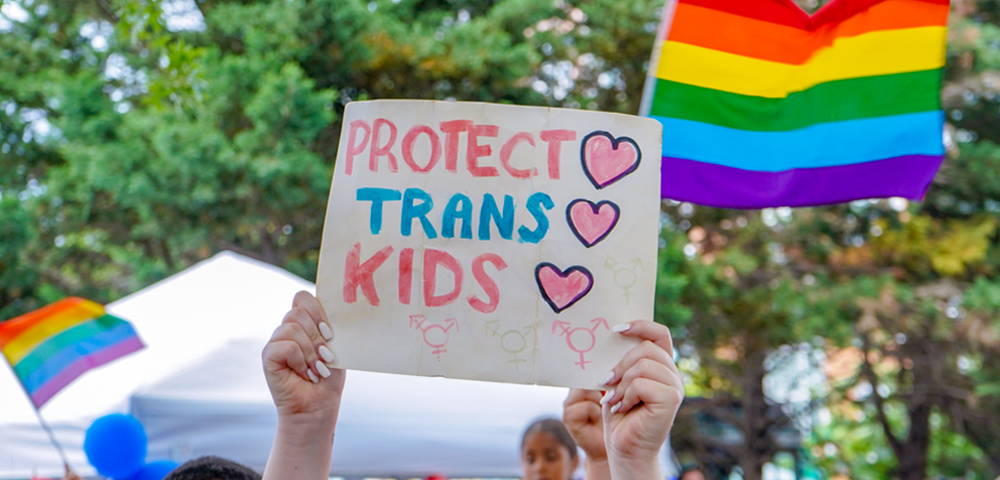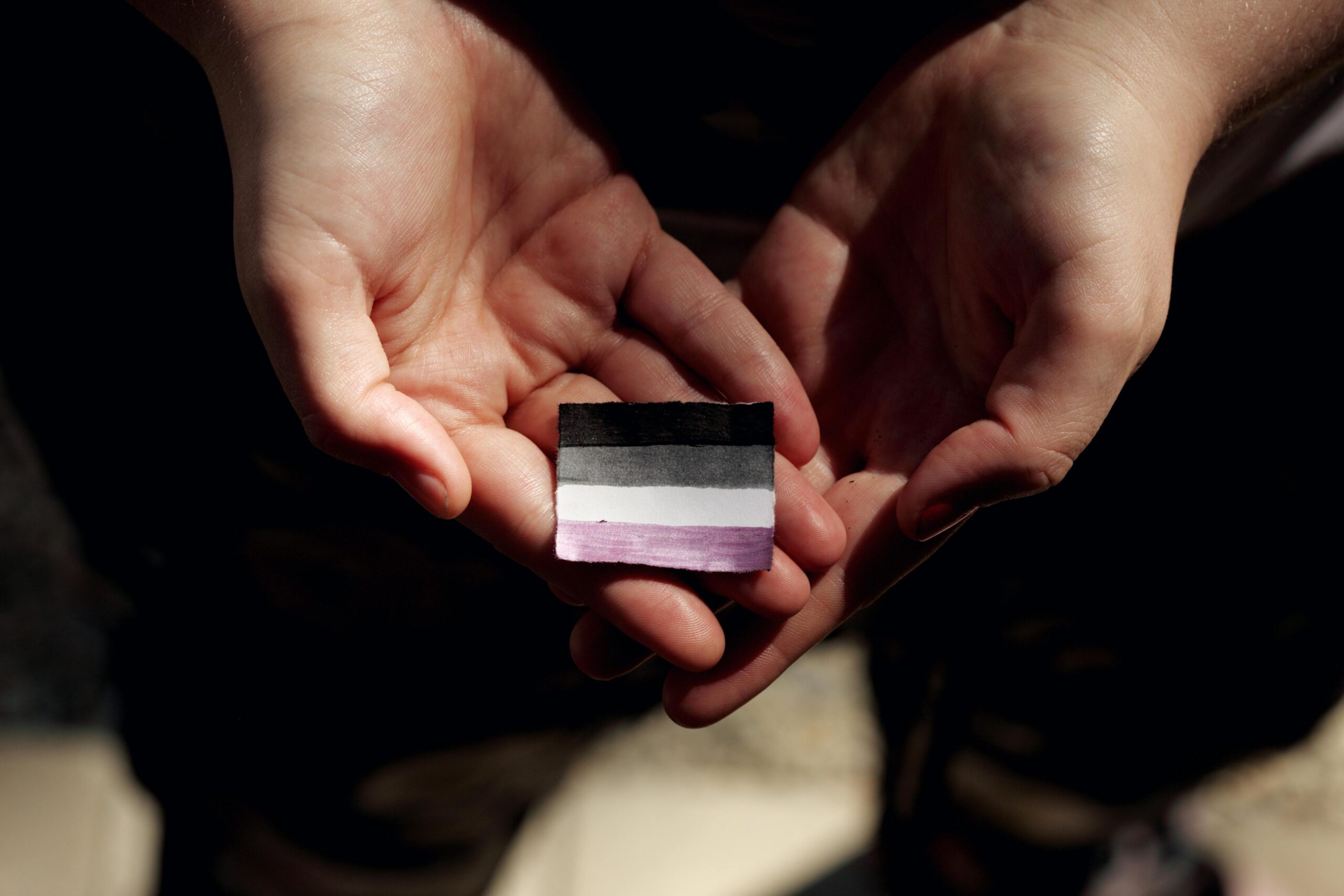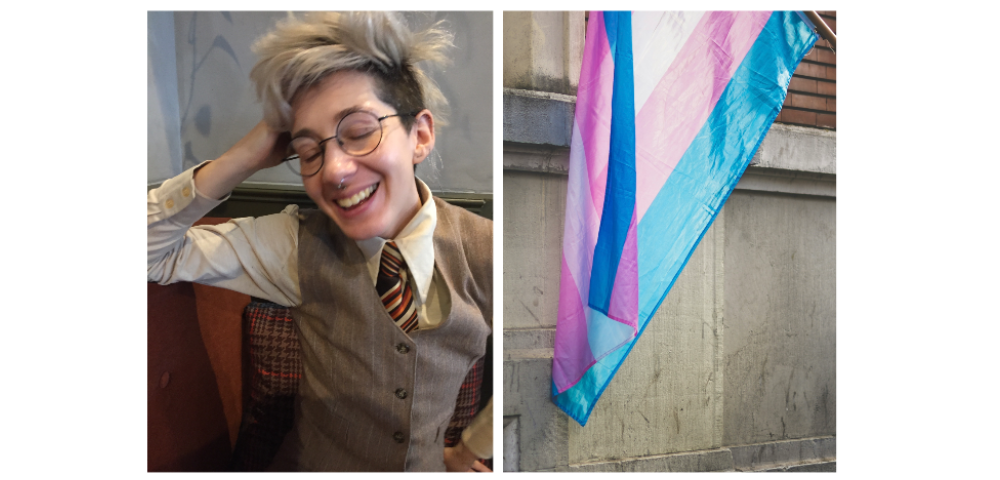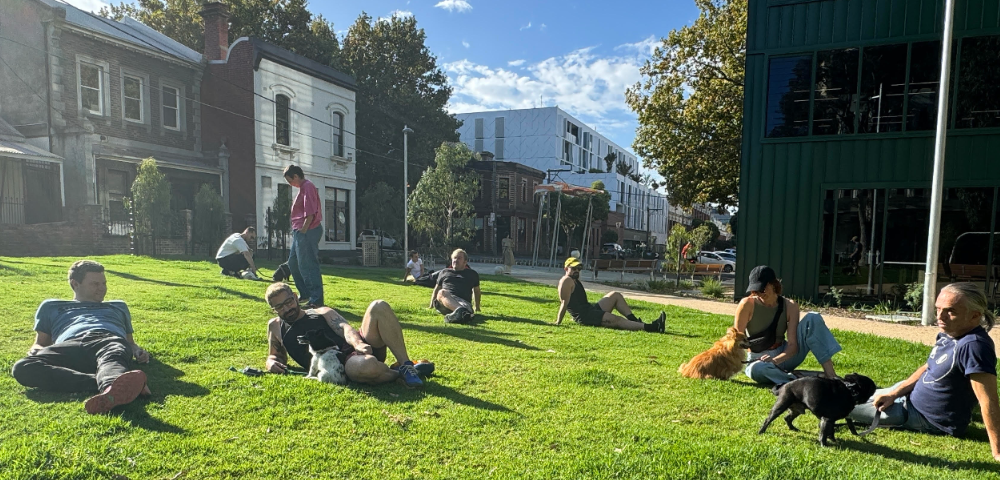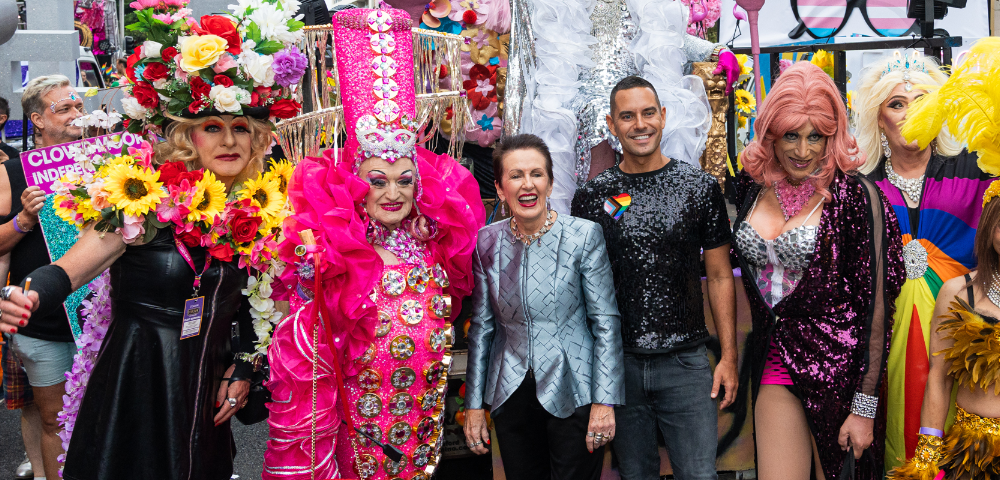
Refugee crossroads
Could we finally see the end of the offshore processing of asylum seekers?
Despite numerous amendments to the Migration Act over the past decade to expand administrative power relating to refugee decision-making, the High Court, in a compelling majority decision, held that the Government’s proposed ‘Malaysia Solution’ was unlawful.
In doing so, the High Court issued a permanent injunction against the Commonwealth Government, barring it from pursuing the current proposal to trade asylum seekers with Malaysia. The majority judgment also called into question the validity of offshore processing if particularly stringent criteria were not met.
In particular, the High Court emphasised that Malaysia is not a signatory to the Refugee Convention, nor does it have a domestic statutory framework that recognises refugees.
This decision has particular importance for the asylum seekers who flee persecution on the basis of their sexual orientation or gender identity. Malaysia still criminalises homosexuality. Many LGBTI asylum seekers flee persecution in Malaysia and seek refuge in Australia.
Humanitarian or legal considerations aside, economic rationale gestures to a cheaper and more efficient alternative: processing asylum seekers onshore in the community, rather than in detention facilities.
The United Nations High Commission for Refugees identifies the potential cost savings from the switch can range from $333 to $117 per asylum seeker, per day. While statistical measures are difficult to determine decisively, community-based processing is estimated to be approximately 100 times cheaper than mandatory detention and offshore processing.
Punitive border protection, moreover, is flawed because it fails to address the underlying causes of persecution that force people to risk their lives on a boat and seek asylum.
Asylum seekers who arrive by boat constitute a fraction of our annual migration. In addition, more than 85 percent of these people are found to be genuine refugees. In comparison, most asylum seekers arrive by plane, and approximately 20 percent are granted asylum.
Under international law, it is legal to seek asylum, even by boat. We also have to avoid the misleading rhetoric of “queue jumpers” — as resettlement camps are just one form of humanitarian processing. These camps are not accessible or available in countries where people face persecution.
With discussions on possible legislative amendments to curtail the High Court decision, we must urge the Government to frame refugee policy in terms of facts, not fear. If we are truly committed to a more comprehensive and regional solution to processing asylum seekers, particularly those who flee on the basis of homophobia and transphobia, we should begin by processing asylum seekers here in Australia.
Please take a moment to let our Immigration and Citizenship Minister, Chris Bowen, know that we must treat asylum seekers humanely and fairly, by processing them onshore: [email protected]
By SENTHORUN RAJ, NSW GLRL




